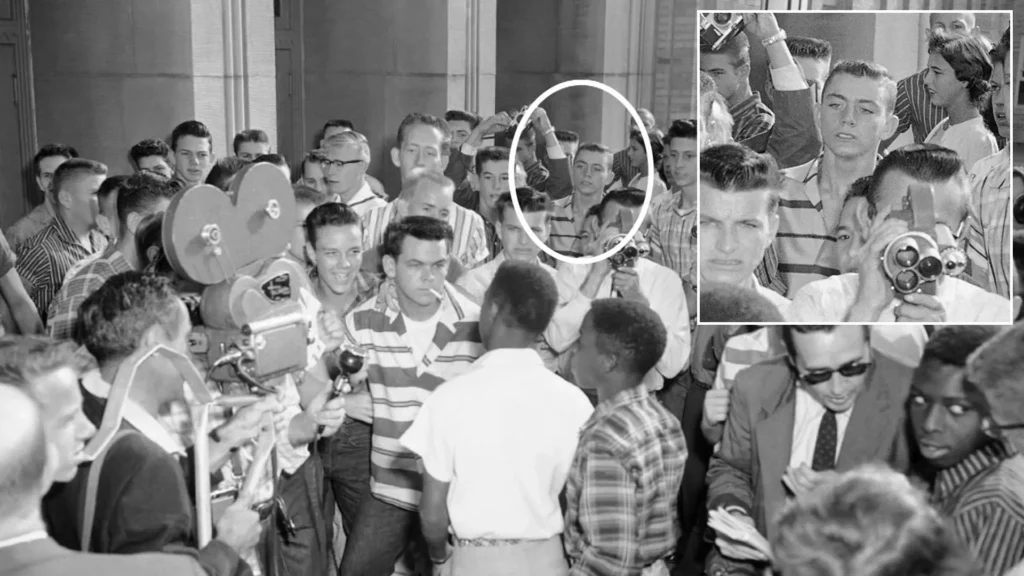Segregation Academies

Amite School Center, like many private schools across the Deep South, opened during desegregation to serve families fleeing the arrival of Black children at the once all-white public schools. ProPublica has been examining how these schools, called “segregation academies,” often continue to act as divisive forces in their communities even now, five decades later.
In Amite County, about 900 children attend the local public schools — which, as of 2021, were 16% white. More than 600 children attend two private schools — which were 96% white. Other, mostly white students go to a larger segregation academy in a neighboring county.
“It’s staggering,” said Warren Eyster, principal of Amite County High until this school year. “It does create a divide.”
The difference between those figures, 80 percentage points, is one way to understand the segregating effect of private schools — it shows how much more racially isolated students are when they attend these schools.
Considerable research has examined public school segregation. Academics have found that everything from school attendance zones to the presence of charter schools can worsen segregation in local public schools.
But the ways in which private schools exacerbate segregation are tough to measure. Unlike their public brethren, they don’t have to release much information about themselves. That means few people on the outside know many details about these schools, including the racial makeup of their student bodies — at a time when legislatures across the South are rapidly expanding voucher-style programs that will send private schools hundreds of millions more taxpayer dollars.
Of course, it’s not as if things are much better in the North. After all, Maddie and Connor totally deserve the good schools and hey, I voted for Harris so the fact that I send my kids to 90%+ white schools has nothing to do with race!


